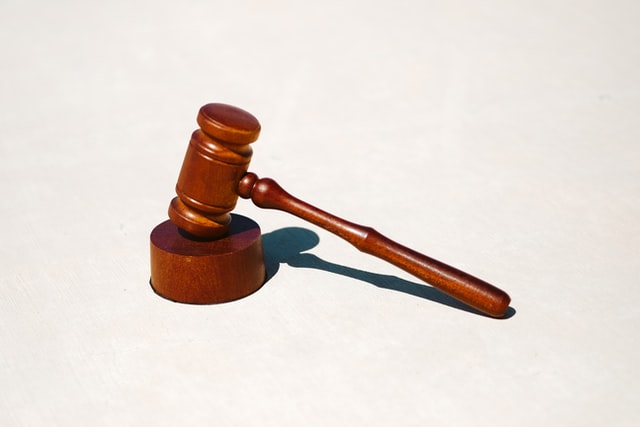Nigeria’s budget performance has never hit a 100% due to different factors that are either man-made (errors in memos raised by MDAs to the Accountant General of the Federation which could lead to delay in the release of funds) or fiscal occurrence ( dwindling revenue ). However, irrespective of the performance, every penny disbursed should be audited to ascertain value for money and for proper accountability at the national and sub-national levels.
For example, the lapses in Nigeria’s healthcare system were noticed when the pandemic struck due to the weakness of the Primary Healthcare Centres (PHCs) which needed to be strengthened so that PHCs can provide frontline information on prevention through interventions from state actors at the federal level and non-state actors including international development partners and private institutions. To this end, The Federal Government and Nigerian states reviewed their budgets in 2020 to accommodate allocation to COVID-19 response. Though some states have published audit reports with details of how COVID funds were spent, the federal government is yet to publish its audit details.
PUNCH’s latest report revealed that the Federal Government, through the Health Minister received a total of N141.1bn from donors in seven categories. From the United Nations basket fund, it was highlighted that Nigeria received N22.6bn in donations; CACOVID donated N43.2bn, oil and gas industry, N21.4bn; development partners group on health, N42.9bn; and GAVI, N4.5bn. The Federal Government also noted that it received private donations amounting to N2.0bn, while other donations worth N4.04bn were received, making a total of N141.1bn in 2020.
On how it spent the funds, the Federal Government explained, “In December 2020, the Presidential Task Force (PTF) on COVID-19 reported on the resources the country received from donors, private sector and the government’s contributions. These donations, which included technical support, were largely used for the supply of consumables, tests, equipment, logistics management, case management, risk communication, and information management systems for the national response to COVID-19.” The contributions from the government also provided social support, health infrastructure, hazard allowance, and training of health workers. However, this breakdown lacked the exact amount expended on each activity.
The Audit function covers more ground than the work of the Anti-Corruption Agencies (ACAs), given that every financial transaction of the government undergoes an audit. In contrast, ACAs can only cover, at best, a sample (petitioned or detected). The auditor, therefore, has more opportunity and thus, more responsibility for the eradication of corruption in our public finance system. This can stop Nigerians, especially public officers, both past or serving officers to be named in international leaks such as Pandora, Panama etc. but the current audit law (of 1956) seems to be limiting the powers of the Auditor General of the Federation as they can only bark (raise queries) but can not bite (sanction defaulters). The audit bill that was passed by the 8th Assembly which was not signed by Mr President provided the “teeth” to bite hard.
In 2020, the Office of the Attorney General of the Federation (OAGF) reported that over 65 MDAs have not submitted their financial statements for audit since January 12, 2017. These are some of the challenges faced by the OAGF due to the weak audit law, however, a section of the audit bill 2019 sought to empower the auditor-general to surcharge and withhold emoluments of any officer culpable of mismanagement of public treasury and refusal to respond to audit query.
It is important to note that Nigeria is still implementing the 1956 audit law, a law that does not meet the global best practices, and necessary reforms that would empower and enable the office of the Auditor General of the Federation to function optimally and efficiently are imperative. For example, its independence from the government is not established in the 1956 audit law, the OAGF is dependent on the Federal Civil Service for all aspects of its operations, including human and financial resources. International best practices and the standards of the International Organisation of Supreme Audit Institutions require the Supreme Audit Institution (SAI) to be statutorily, operationally and financially independent of government.
The Goodluck Administration gave us the Freedom of Information Act which has enabled Nigerians to demand information from MDAs within a stipulated time. The Buhari Administration has given us an Open Government Partnership, but there can’t be an open government if certain laws like Proceeds of Crime and Audit bills that can curb corruption are not passed and signed into law.
Tolutope Agunloye, Head of Institutional Partnerships and Open Government



